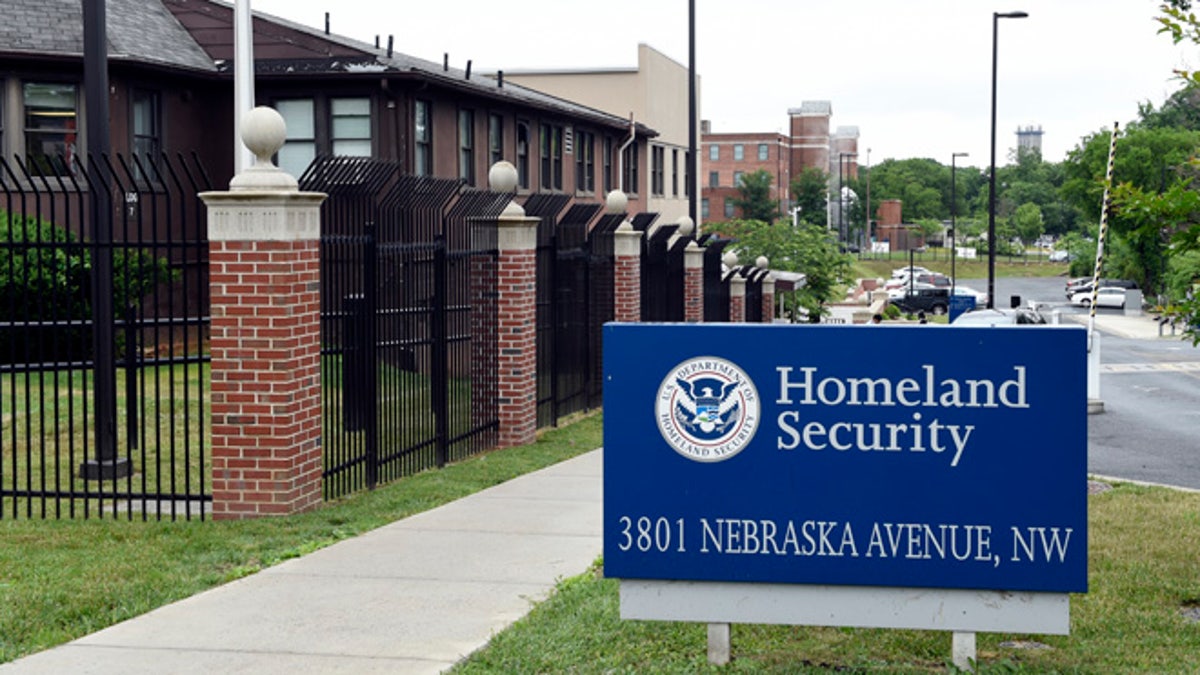Fox News Flash top headlines for June 13
Fox News Flash top headlines for June 13 are here. Check out what's clicking on Foxnews.com
The Justice Department has lost track of numerous foreign nationals who were brought into the United States to help with law enforcement cases and may have criminal histories of their own – something that could be putting the public "at risk," the DOJ’s inspector general warned in a newly released audit.
The report released by the Office of the Inspector General identified 62 foreign nationals brought into the U.S. who have since "absconded" from Justice Department oversight. The audit called this “especially problematic” because “these individuals often have criminal histories or are involved with criminal organizations.”
“Therefore, there are risks associated with these individuals remaining in the United States unsupervised and the public can be at risk,” the report said.
HOUSE DEMS VOTE TO HOLD BARR, ROSS IN CONTEMPT, AS TRUMP ASSERTS EXECUTIVE PRIVILEGE OVER CENSUS
The report warned that others could be missing too: As of August 2018, the Department of Homeland Security was still seeking current information for 665 people identified as DOJ-sponsored foreign nationals as part of its own tracking.
A Justice Department spokesman, Alexei Woltornist, told Fox News: “The Department of Justice is aware of the findings of the IG report and is working on remedying the problem.”
In total, the department has sponsored thousands of foreign nationals under this program -- 5,496 between 2015 and 2017, spanning the Obama and Trump administrations, the audit said. Agencies involved include the Bureau of Alcohol, Tobacco, Firearms and Explosives, the Drug Enforcement Administration, the Federal Bureau of Investigation, United States Attorney’s Offices and the United States Marshals Service.
According to the audit, these foreign nationals – who may otherwise be considered inadmissible to the United States because of their criminal history – are brought to the U.S. to help support investigations and prosecutions.

In February 2018, the Department of Homeland Security identified more than 1,000 DOJ-sponsored foreign nationals for whom DHS did not have current information. As of August 2018, the audit said DHS was still seeking current information for 665 people. (AP Photo/Susan Walsh, File)
“Significant risks accompany the sponsoring of foreign nationals to support law enforcement investigations because these individuals may be associated with criminal activity and motivated only by the ability to reside in the United States,” the report said.
But the report said the inspector general’s office does not “have assurance” that the DOJ and its law enforcement agencies have “adequately executed their monitoring responsibilities to mitigate the risks involved with sponsoring foreign nationals and to fulfill their obligation to protect the public.”
While the Justice Department and the other agencies have performed monitoring activities, problems have been identified in the process.
The report said some of the sponsored foreign nationals are not actually subject to “any routine monitoring requirements” because of “weaknesses in the monitoring policies at some DOJ components.”
And the report noted 18 instances where the Justice Department did not renew the sponsorship or termination of a foreign national in a timely matter, leading to those individuals falling into “an illegal status while residing in the United States.”
“We are concerned that the monitoring policies and practices currently executed by the DOJ components that sponsor foreign nationals do not adequately mitigate the risks associated with bringing individuals into the United States who may have criminal backgrounds or involvement in disreputable activities, or who may be associated with such individuals,” the report said.
In a response included in the audit, the Justice Department defended the use of the so-called S visa program, which allows long-term stays for foreign nationals in the United States when their presence could assist in combatting criminal and terrorism activities.
“The S visa program has played a crucial role in the successful prosecution or investigation of significant criminal or terrorist organization enterprises, and has enabled federal investigators and prosecutors to bring to justice dangerous criminals,” Jennifer A.H. Hodge, the acting deputy assistant attorney general, wrote in an April letter.
There have been risk concerns involving other federal government programs designed to expedite the admittance of foreign nationals into the United States. Then-Defense Secretary Jim Mattis in 2017 revamped a program that puts foreign-born recruits on a fast-track to U.S. citizenship in exchange for military service as doctors, nurses and language experts after Defense Department investigators discovered “potential security risks” with the Military Accessions Vital to the National Interest program.

























